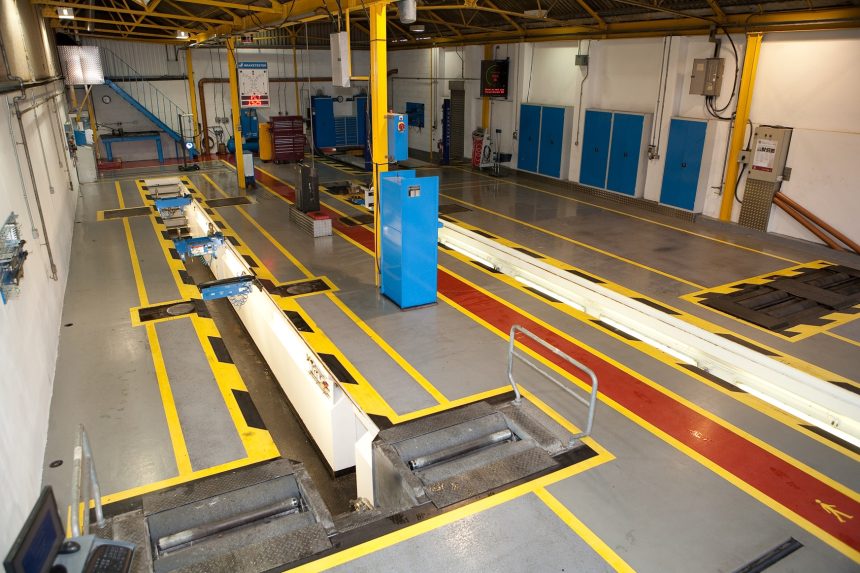The heavy vehicle testing regime has come under close scrutiny in recent years. It was left in disarray from 2020 via a crisis that brought the seeming silver lining of triggering reform. But that work moves slowly, with little sign of clarity or meaningful change for the end user.
Trade body the Authorised Testing Facility Operators Association (ATFOA) has now lost patience with those efforts. It has launched a stinging criticism of DVSA’s handling of the heavy vehicle testing regime. Separately, it believes that the service fee – charged by ATFs for use of a test lane – should rise by around 50% to cover its members’ increased costs.
ATFOA is also seeking more flexibility from DVSA in how tester resource is made available. It says that without the two changes it advocates, there will be no improvement because ATF operators are otherwise unable to compete effectively.
Call for an uplift to the ATF service fee is understandable when inflation is considered. Some ATFs teeter “on the brink of financial ruin” under current arrangements, says ATFOA Chair Stephen Smith. Should any of those facilities be lost, the consequences for users nearby are potentially problematic.
DVSA looks to have hitched its hopes for improvements firmly to the Earned Recognition (ER) wagon, with early talk of extended test intervals and even delegated testing for vehicles operated by ER members. It acknowledges difficulties with both, but they form a major part of its ongoing work.
Among DVSA literature on the review of heavy vehicle testing is a note that makes clear how budgets are front and centre of any change. Added is the caveat that users may well be willing to pay more for a better service, and a note that vehicle test fees form a small part of any operator’s maintenance expenses.
The coach and bus industry may tut at calls for increased testing fees, grouping those alongside requests for discounts on private hires and pressure on contract prices.
But when ATFOA’s position, and hints dropped previously by DVSA, are read and understood, it is clear that positive change for heavy vehicle testing will only come if it is paid for. That burden will fall upon the end user. If it results in more efficient service delivery, the sector should be in full support.



























